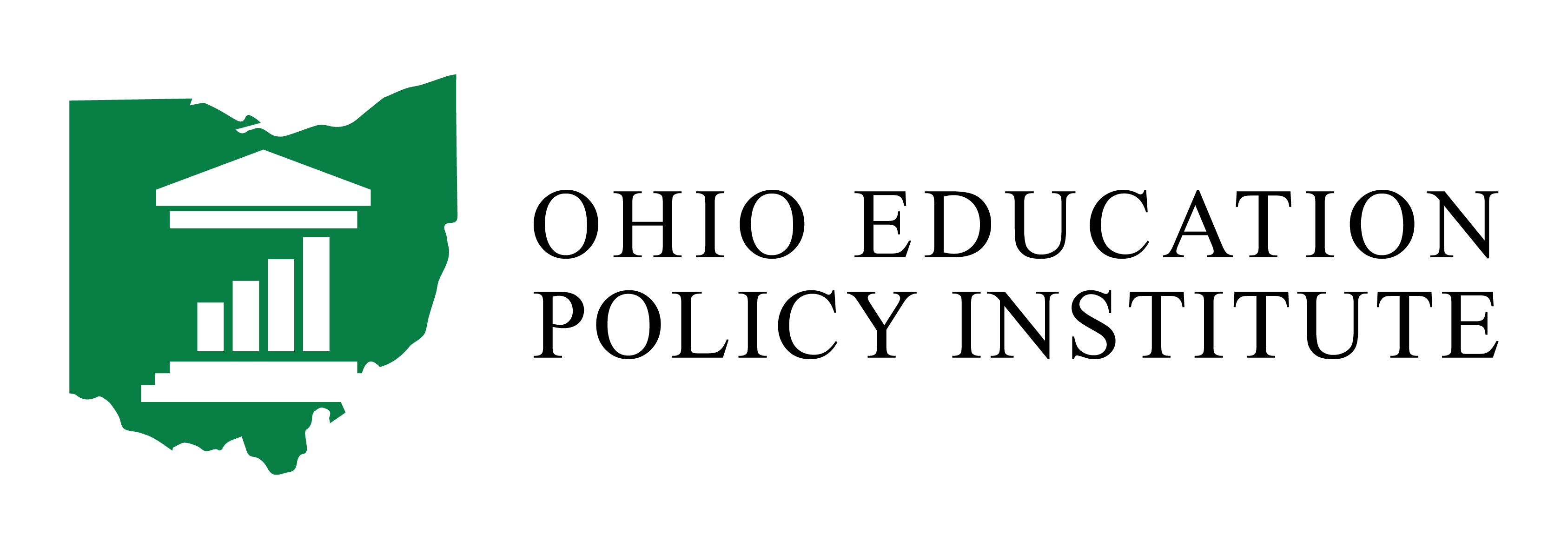History
The organization, formerly known as the Education Tax Policy Institute (ETPI), was formed in 1997 as a resource for the education community on state tax policy. Activities were initially directed at the state’s efforts to deregulate the electric utility industry. ETPI consultants conducted research and analyses to determine the deregulation legislation’s impact on school districts and local governments, and the organization worked with lawmakers to improve the outcome of the legislation. This major change in state tax policy affected many school districts, and there was previously no source for information about how such changes affected school funding.
ETPI’s research focus then turned to a variety of school tax and funding issues including analysis of the tangible personal property tax, the impact of House Bill 920, the mechanics of the school funding formula, and analysis of school levies. As the state’s school funding structure has evolved, the range of fiscal challenges affecting school districts has expanded. Over the years, the organization has adjusted its body of work to meet these ever-changing needs, and in January 2015, the name was changed to reflect a the new focus on research and analysis of a wide range of education funding and policy issues.
Today
The organization is now known as the Ohio Education Policy Institute (OEPI). The OEPI trustees are excited to have a name that more accurately reflects the work of the organization: addressing the needs of school districts statewide.
The Challenges Ahead
In addition to ongoing work around local revenue sources, OEPI consultants continue to analyze Ohio’s state funding formula in search of ways to address the needs of all districts. Research is conducted on various education challenges faced by districts that have a connection to the resources available — or the lack of sufficient resources. The following are examples of issues addressed by OEPI:
- Examination of the extent to which the school funding formula distributes state funds adequately and equitably. Every new school funding formula may affect districts differently.
- Analysis of expenditure patterns across Ohio’s school districts including an examination of the “expenditure per equivalent pupil” measure computed by ODEW.
- Analysis of the achievement disparity between students that are economically disadvantaged and their wealthier counter-parts that continues to plague districts around the state.
- Analysis of the changing composition of the local tax base, including the shift over time from business to residential taxpayers, and recent changes in the agricultural component of the tax base.
- Analysis of ongoing efforts to undermine school districts’ local tax base (such as the continued phase-down of public utility and business tangible personal property tax replacement payments) that provide challenges for those districts most reliant on the lost tax base.
All these issues (and more) create the need for ongoing research, and OEPI can help.
Who We Are
OEPI is a not-for-profit research arm of the education community and is funded through dues from members ranging from school districts to statewide education organizations. These funds provide the resources necessary for the OEPI experts and consultants to conduct research, analyze data, and provide recommendations for solutions to state policy issues.
The governance of OEPI includes seven trustees who oversee the work of the organization. The trustees have appointed a team of officers to conduct the day-to-day operations of OEPI and to coordinate with the experts.
Trustees:
Kathy McFarland
Dave Axner
Katie Johnson
Jennifer Hogue
Anthony Podojil
Melissa Clark
Darold Johnson
Officers:
President – Paul Imhoff
Vice President – Cass Freeland
Treasurer – Nicole Piscitani
Secretary – Malania Birney
Consultants on Contract:
Dr. Howard Fleeter
